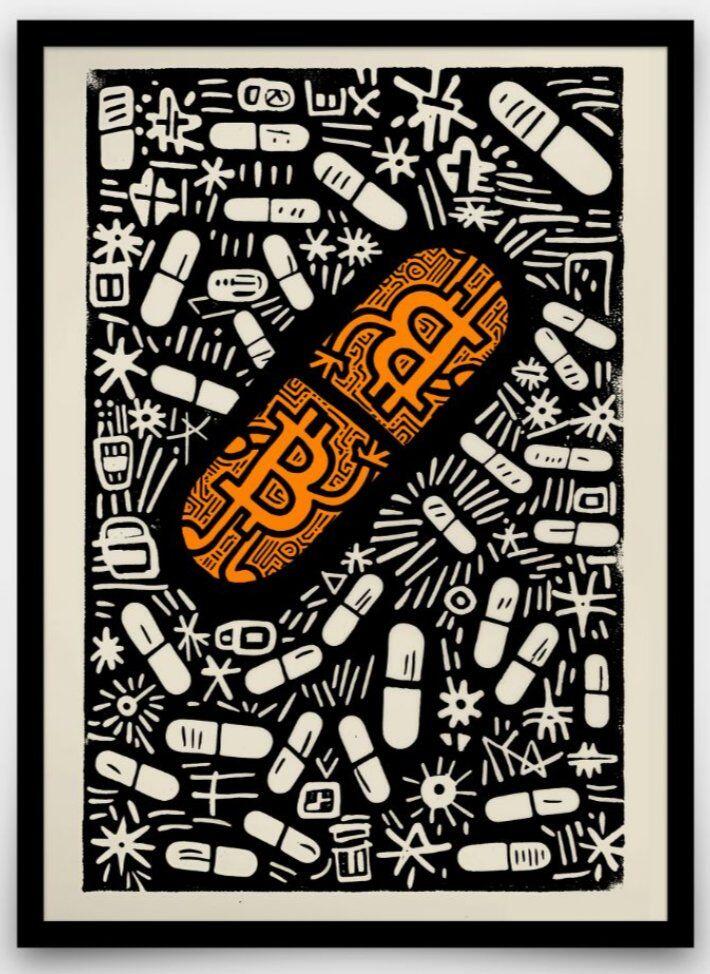The Bitcoin network serves as a dynamic ecosystem of projects, startups, and products that collectively drive the adoption and evolution of peer to peer technology across diverse use cases. This ecosystem is not just about the transactions and mining operations but spans various applications, including financial services, smart contracts, and decentralized applications (dApps), each contributing to the broader adoption and understanding of Bitcoin's underlying technology.

A Bitcoin Programming Language
Projects like Lightning Network, RGB, Fedimint, Ordinals, NoLooking, Sapio, and others mentioned are prime examples of how developers and entrepreneurs are extending Bitcoin's capabilities beyond simple transactions . These projects focus on scalability solutions, privacy enhancements, smart contract capabilities, and new forms of asset issuance and management on the Bitcoin network. They showcase an active community of developers dedicating their efforts, often without immediate financial reward, towards making Bitcoin more versatile, scalable, and accessible.
For instance, the Lightning Network is a second-layer protocol built on top of Bitcoin that enables instant, low-cost transactions, which significantly improves Bitcoin’s scalability and makes it more feasible for small, everyday transactions. Similarly, projects like RGB and Sapio introduce smart contracts and programmable money aspects to the Bitcoin ecosystem, opening up a myriad of possibilities for automating transactions and creating complex financial instruments directly on the blockchain.
Moreover, the development and adoption of these projects indicate a growing interest in using Bitcoin not just as digital gold but as a foundational layer for building a decentralized financial system and other innovative applications. This interest is further evidenced by companies and startups integrating Bitcoin technology into their offerings, whether through Bitcoin-based payments, leveraging the security and immutability of its blockchain for data verification, or developing new services that complement the existing infrastructure.
However, this ecosystem is also characterized by debates and differing opinions on the direction and priorities of Bitcoin's development. For example, discussions around the inclusion of certain features or upgrades in the Bitcoin protocol reflect the diverse perspectives within the community. Some stakeholders push for innovations that could extend Bitcoin's functionality and competitiveness, while others advocate for a more conservative approach to development to preserve its core values and stability. These debates are essential for the ecosystem's health, as they reflect a vibrant community actively engaged in shaping the future of Bitcoin.
The Bitcoin network is much more than a collection of nodes and miners; it is a flourishing ecosystem of projects, startups, and products driving the technology's adoption in various use cases. Through continuous innovation and collaboration, this ecosystem not only expands the utility of Bitcoin but also contributes to the overall growth and maturity of the peer to peer space.






